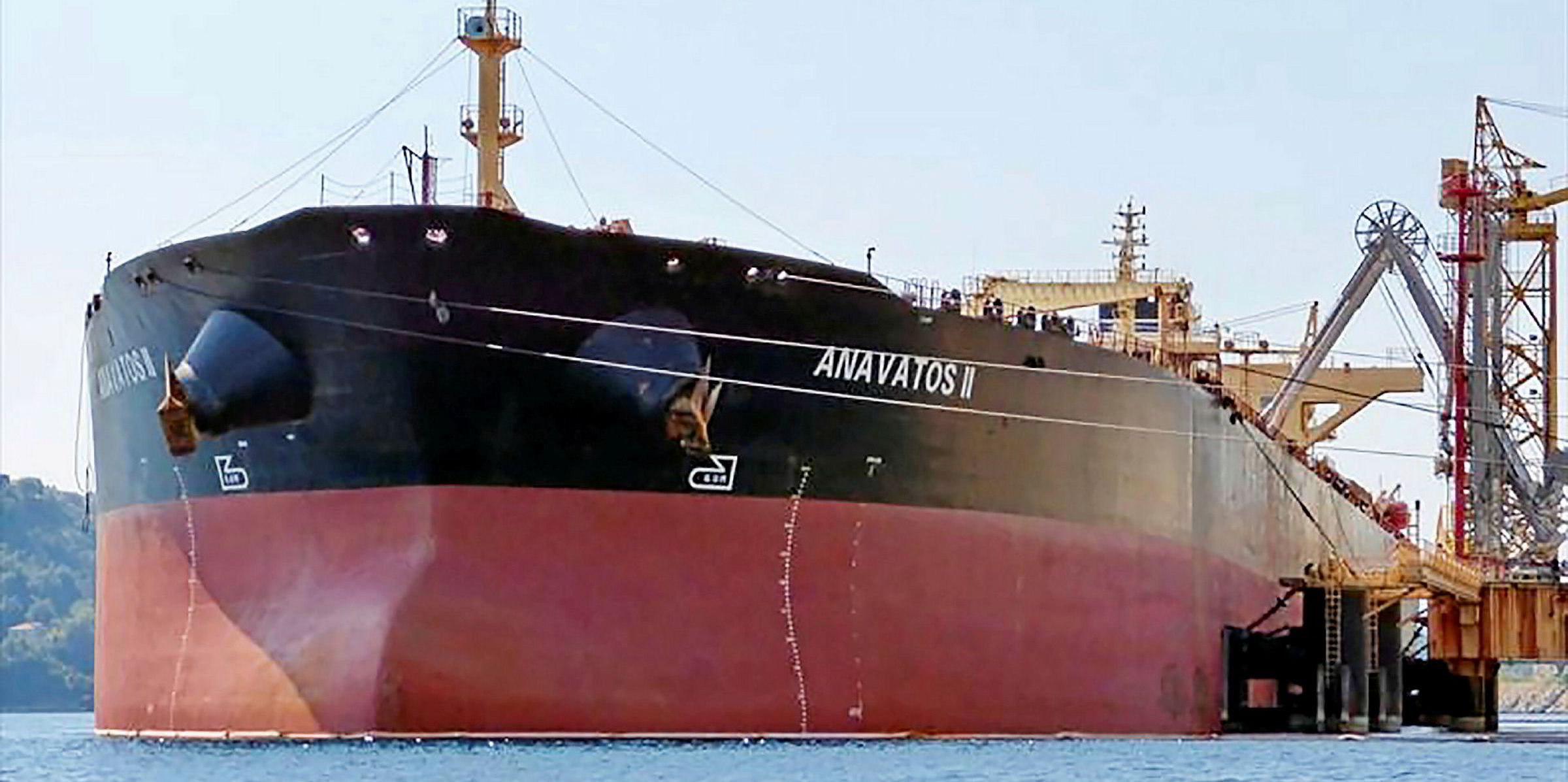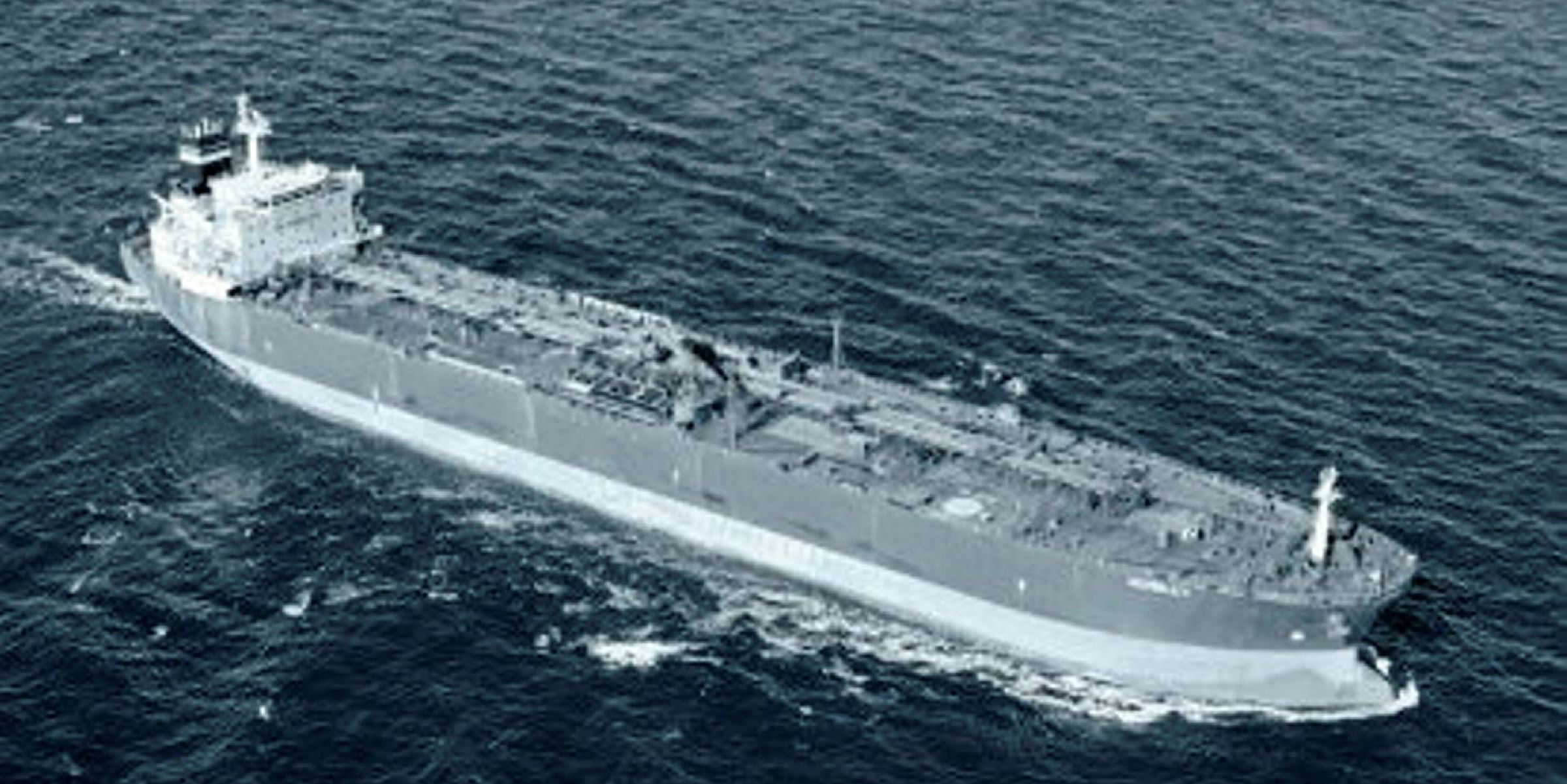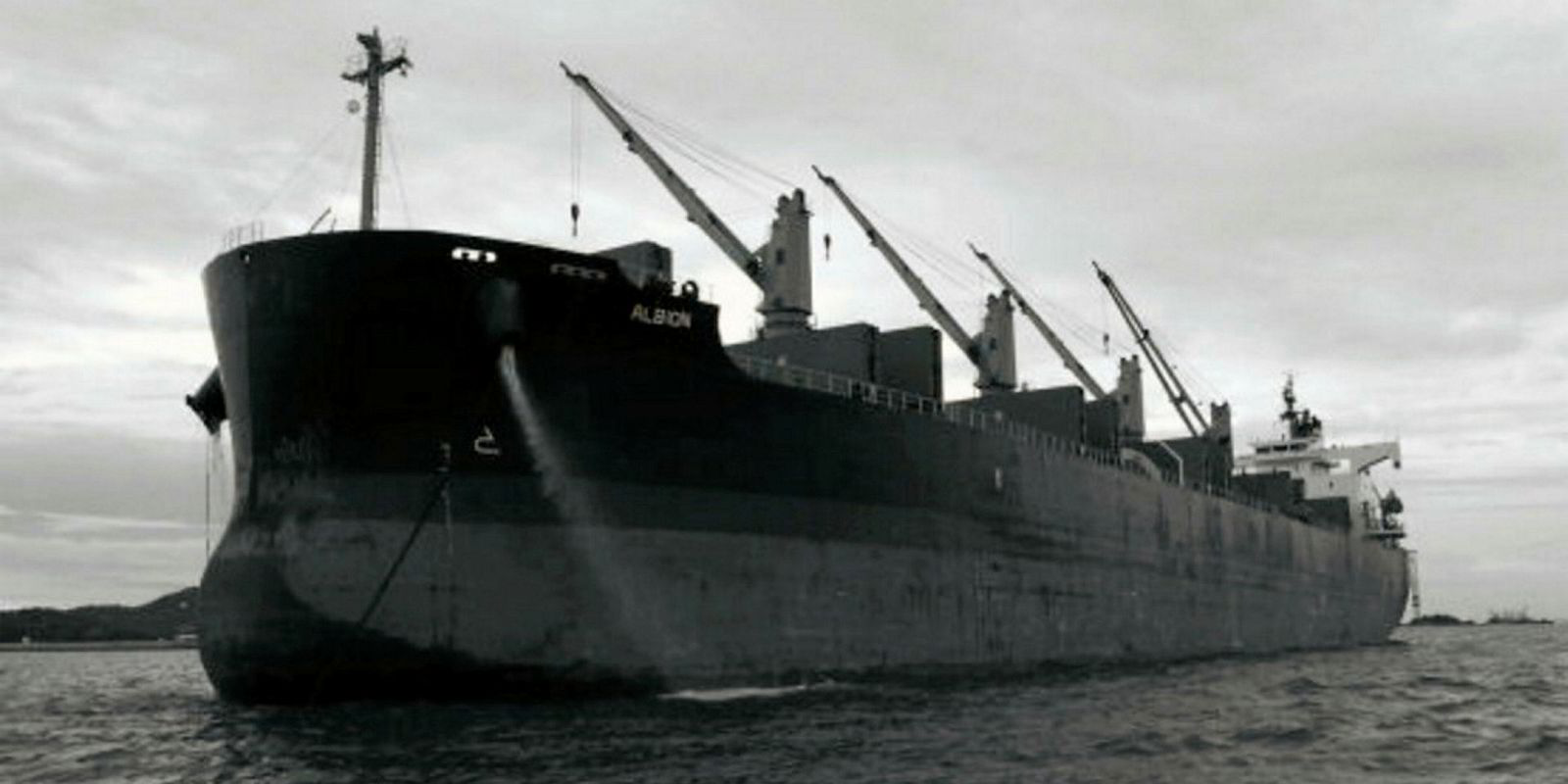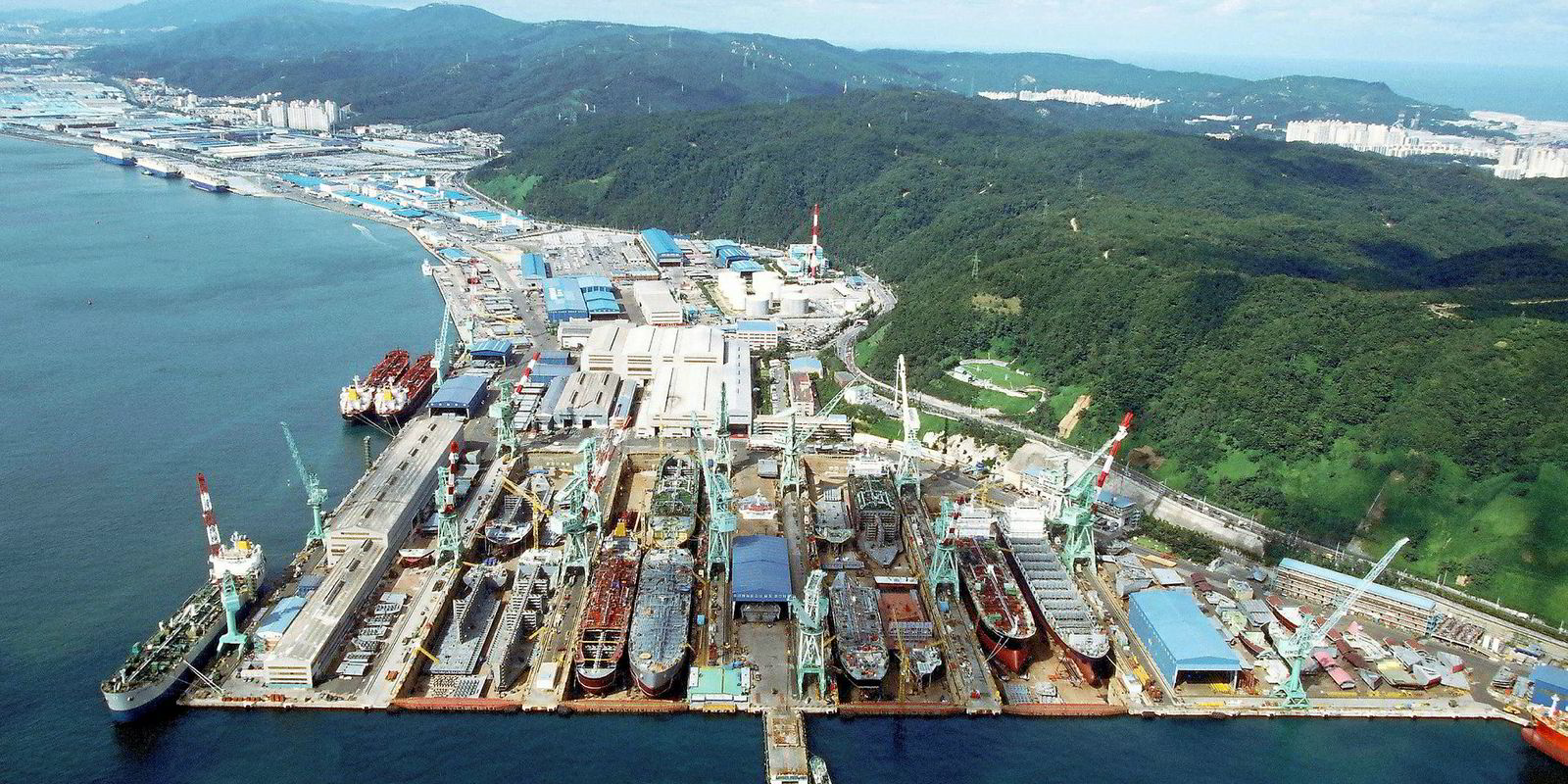Union Maritime, the UK’s biggest independent tanker owner, with a fleet of 60 ships, has seen its diversification into the crude market begin to pay off.
The privately owned company, which initially focused on the product sector, said turnover and profits increased in 2019 after recent crude tanker buys, with momentum continuing into this year.
“The significant improvement in our performance was driven by the upward shift in the tanker markets during the latter part of 2019,” said managing director Laurent Cadji.
The comments came in recently filed accounts from the relatively low-profile company for the final nine months of 2019, as it moved to a year-end reporting date.
Pre-tax profit was $7.68m for the nine months compared with $7.49m 12 months previously. Revenue was $266m against $269m. UK companies can file accounts in dollars if they transact most business in the currency.
Founded by Cadji in 2006, Union Maritime has steadily grown from its roots as an oil products player in the West African market. Company chairman Lewis Cadji has a 54-year career in trading, including setting up a fertiliser division for Marc Rich.
“Our chartering team capitalised on the strong freight market and locked in several of our vessels on time charter at firm rates,” Laurent Cadji wrote in a review of the business. “At the same time, our chartering team’s ability to minimise ballast voyages and idle days was crucial to our success.”
About 40% of the company’s fleet — some 3m dwt — is on time charter with committed income of $95m until 2022, which “leaves the group in a good liquidity position if there is a weakness in the market”, he added.
Union Maritime made its entry into the crude fleet in the previous financial year with the purchase of five aframax tankers from BP.
Buoyant market

In the final nine months of 2019, the company said it had continued to grow its crude fleet “on an opportunistic basis” with the acquisition of two more aframaxes.
Renewal of its core product tanker fleet rolled on with the sale of four older units and the purchase of seven MR tankers.
Its fleet had a book value of $534m at the end of 2019, including $172m for leased vessels. Bank and other loans stood at $280m.
In a statement on trading this year, Union Maritime told TradeWinds: “We continued to capitalise on the buoyant tanker market in early 2020 by fixing vessels on time charter while maintaining relevant spot exposure to service our key clients.
“Fleet renewal continued with the sale of some of our older tonnage. Despite the market disruption following Covid-19, the company is in a strong financial position and we expect a gradual market recovery.”
Union Maritime has two aframax newbuildings due for delivery from Cosco Zhoushan Shipyard in 2021. It also has one confirmed 90,000-cbm LPG tanker on order from Hyundai Heavy Industries, with reports suggesting it holds an option for a second.
Scrubbers
Exhaust gas scrubbers have been installed on nine of its tankers, with a further four set for retrofit in the second half of this year.
Cadji said the company “remains committed to environmental regulations” but stated that the group was “exempt from the requirement to disclose details of CO2 and energy consumption by virtue of UK consumption being less that 40,000 kWh”.
Asked whether this went against the spirit of moves to make carbon emissions from shipping more transparent to help make cuts in line with the Paris climate accord, Union Maritime said in a statement: “As a company, emissions reduction is an important issue for us.
“We have been working on a fleet rejuvenation program and are evaluating the best systems and technologies to reduce emissions throughout the fleet and our business.”








